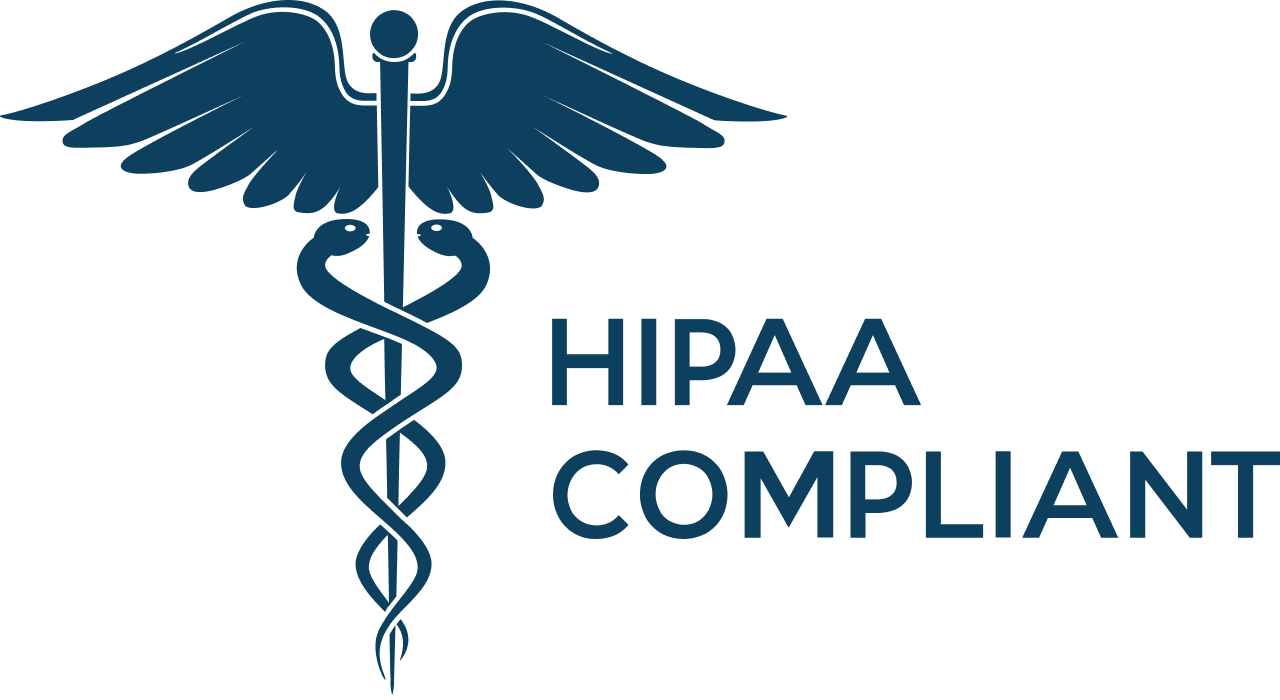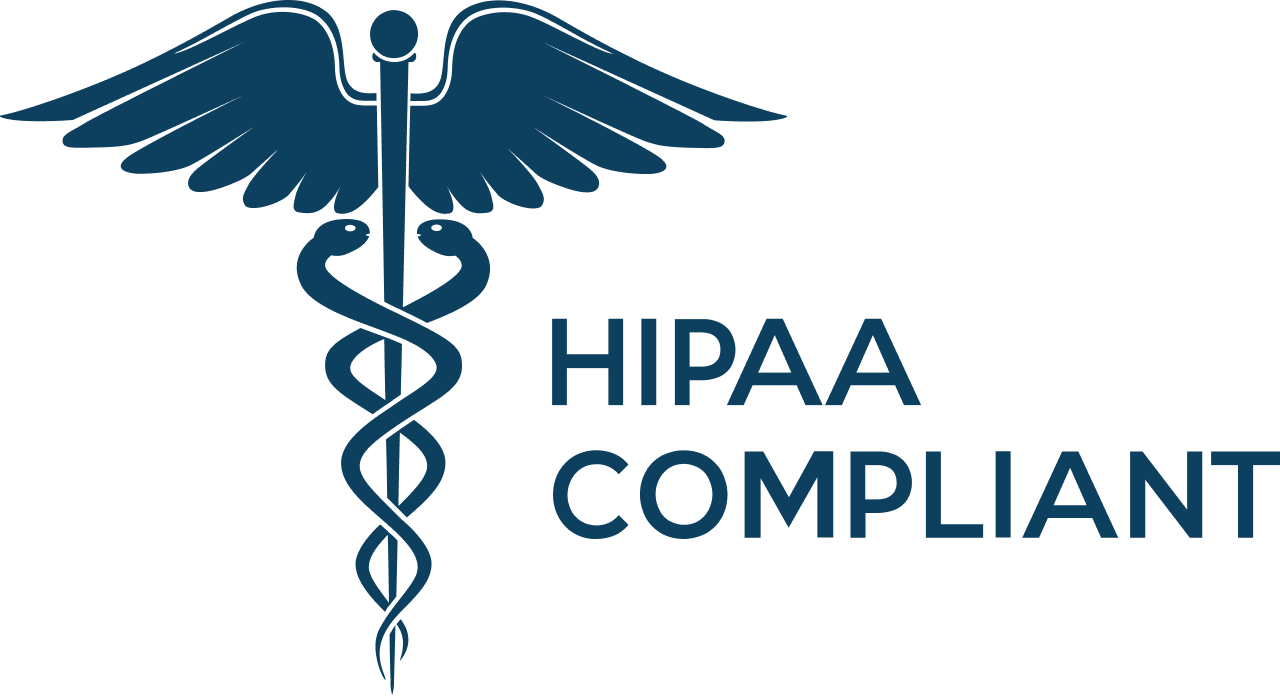
mHealth App Development Services
As a leading mHealth app development company, we utilize industry-proven tools and technologies to deliver mHealth app development services. Our feature-proofed mHealth solutions accelerate healthcare digitization and address the most pressing challenges of remote care delivery.
get in touchOur mHealth Solutions Expertise
Telehealth and Telemedicine Mobile Apps
Our telehealth applications allow patients and doctors to communicate remotely anytime and anywhere. The telemedicine apps we build are powered by cloud computing and offer comprehensive features for:
- Remote Patient Monitoring
- Online Appointment
- Video Consultation and Secure Messaging
- Online Prescriptions Sharing, etc

IoT-based and Wearable Apps
We strive to improve the quality of delivered and patient outcomes through mHealth app development and build the best IoT software solutions and wearable apps to suit your business needs.
- Location Tracking
- Physical Activity Tracker
- Data Storage and Real-time Access
- Sleep and Blood Pressure Monitoring

Health and Wellness apps
We deliver a smart mobile experience to complement people's daily lives with healthy habits and self-care routines through:
- Mobile fitness apps
- Nutrition-tracking solutions
- Sleep monitoring and stress management software
- Mental health support apps, and more

Chronic Disease Tracking Apps
Our mHealth app developers serve clients with robust, user-friendly chronic disease tracking apps and connect them with other healthcare systems to monitor and analyze patients’ medical data. We develop:
- AI-powered personal health assistants
- Apps for tracking conditions, symptoms, and treatments
- Routine patient monitoring solutions
- Medication adherence apps and more

Why Relevant
Only Middle and Senior Developers
Our engineers' expertise and qualifications allow them to build fully functional mHealth apps with the world’s best programming tools.
Fast Delivery
We deliver software fast because we have relevant experience, no bureaucracy, and well-tuned Agile processes.
Focus on Compliance
Our healthcare software & mHealth applications fully comply with all the industry standards and regulations.
Healthcare Cloud Enablement
We can synchronize your mHealth app with cloud computing platforms like AWS, Google Cloud, and Azure and increase your storage capabilities and EHR.
Complete Security
Our mHealth app developers ensure 100% safety of patient records and build applications with top-most security to protect sensitive data.
Cost Predictability
We optimally plan your budget and properly administer your costs while maintaining the highest quality of the product.
Our Tech Stack





Other healthcare services we provide
Hospital Management System Development
We build hospital management systems to help collect and store sensitive medical information, manage documents, and perform mundane tasks more efficiently.
Pharmacy Management Software Development
As a part of pharmacy management software development, we build systems that automate daily workflows, generate reports, analyze data, and facilitate drug refills, prescription checks, and customer transactions.
Patient Portal Development Services
Relevant develop cross-functional, user-friendly, and secure standalone and integrated patient portals that promote next-gen patient engagement.
Healthcare Cloud Solutions Development
Our Healthcare Cloud Solutions provide you with capabilities to collaborate, unlock the potential of medical data, make data-driven decisions and decrease the cost of care.
Client testimonials
We needed skilled staff and no downtime, which is what they’ve delivered. Relevant Software’s flexibility with new ideas, reliability, and transparency add tremendous value to the collaboration, which is foreseen to continue.
They stayed within our budget and scope, and their deliverables met our expectations. Quality results to-date make re-engagement for further development likely. The project’s thorough discovery phase benefited Relevant Software’s successful execution.
They delivered everything they said they would. I'm very happy with them. Relevant Software established a smooth process using agile methodology, while their responsiveness and personable approach contributed to the positive experience.
We needed a flexible, reliable partner that could turn our idea into reality, one who could quickly provide a team of experts that could design and build our product and infrastructure. Meeting with some of the Relevant team in London, we were impressed by their approach.
The reason we worked with Relevant Software is that they were very proactive about getting information from us. Other companies move slowly, but these guys move fast which is what we liked about them. Before we even kicked off the project, we would go into a lot of detail. That was quite impressive for us.
We had the challenge to find a trustworthy outsourcing company that we could rely on. Previous attempts ended badly and we needed to find a company that had the skills, good communication and was fair on price. We chose Relevant Software because we felt that they understood our business needs.
Relevant Software could adjust to our needs and provide the services that we needed in a way that they became part of our group very quickly. They were dedicated to the project and made sure every stage was made visible to the client.
We were blown away by the team’s dedication and speed of work. We approached Relevant Software with the goal of creating one of the best online radio experiences in the world. I would say they have successfully achieved this goal.
Our Success Cases
FAQ
A medical mobile app development company is a provider that develops apps for healthcare under any business model and client engagement form. You can choose your IT service provider by studying cases in their portfolio related to your project requirements or checking client reviews on verified resources.
Sure! Just send us your requirements or basic ideas.
The mHealth app is a solution a healthcare provider provides to their patients. Using them, patients can immediately access the information they need to diagnose and track diseases. In addition, they help with activities such as making an appointment, accessing lab results, viewing medical records, finding doctors, and more.
The estimated budget for the development of a mobile medical application varies significantly and directly depends on:
- an app features and functionality
- the type of information the application handles
- the technology stack needed to cover all the features
- the variety of platforms it needs to run on
- the number of existing systems with which it must be integrated.
Contingent on the needs and budget of the healthcare facility, there are three approaches to developing HIPAA-compliant healthcare products:
- Ready-made software solution and use the basic functionality to perform all current tasks. In this case, selecting systems with trial access to all functions is recommended to understand whether you need so many modules or get by with the typical ones included in the basic package.
- Off-the-box solution customized according to the needs of your medical institution. In this scenario, you can consider integrating a ready-made server solution and its subsequent use for the organization's specific needs. In practice, users may find that the standard algorithms for their actions or decisions differ from those the system offers. In this case, it is better to hire developers and rewrite/add functionality than to rebuild the entire organization's work for specific software.
- Bespoke software for non-standard tasks. That means that you are building a mHealth app from scratch. This option may be suitable for medical institutions with a unique specialization.
Do you know that we helped 200+ companies build web/mobile apps and scale dev teams?
Let's talk about your engineering needs.
Write to us











